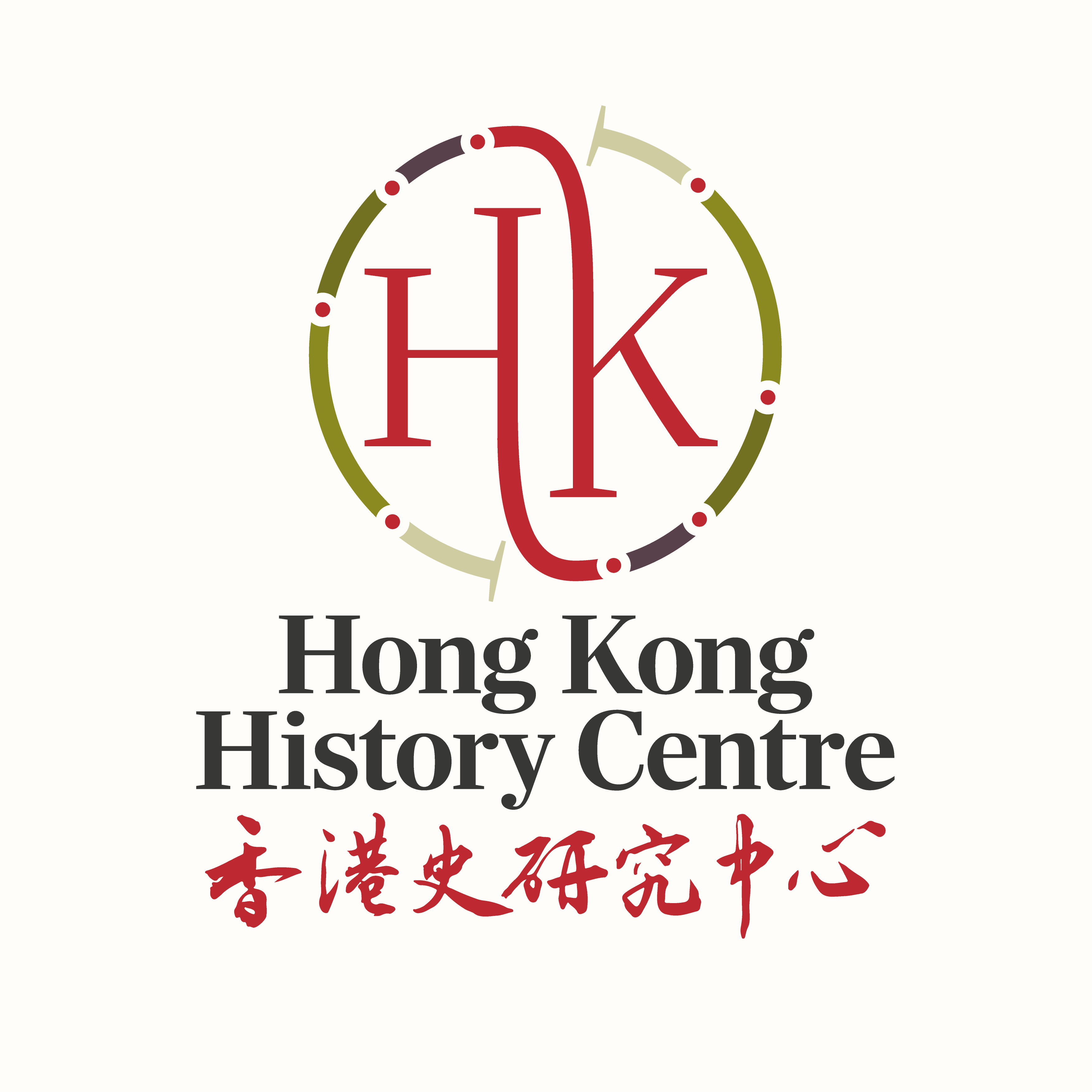
Workshop:
The History of Press Freedom in Hong Kong, Britain and the Empire/Commonwealth
University of Bristol | 20 June 2016
Venue: Room G77A, Arts Complex (enter at 3/5 Woodland Road), University of Bristol
9.30am-11am – Session 1:
Martin Hewitt, …

Publishing about Eurasians has picked up in the twenty-first century after the dismal twentieth. Aside from books such as Eurasian by Emma Teng, which includes some aspects on Hong Kong, David Pomfret of Hong Kong University published his research comparing …
25/01/16
The University of Hong Kong’s History Department has released the following call for papers:
Spring Symposium
Open to History Research Postgraduate Students
Hosted by the Department of History, University of Hong Kong
Thursday 5 May 2016
Call for Papers
The …
05/12/15
Dissertation Reviews has posted a review of Kaori Abe’s fascinating doctoral dissertation, The City of Intermediaries: Compradors in Hong Kong from the 1830s to the 1880s. Take a look at:
http://dissertationreviews.org/archives/12498.
Kaori is currently Postdoctoral Fellow in …
27/11/15
The Hong Kong History Project Studentship for next year has just been announced. Generously funded by the Hatton Trust, this scholarship will support a doctoral project to be undertaken in the University of Bristol’s Department of History under the supervision …
20/11/15Workshop:
The History of Press Freedom in Hong Kong, Britain and the Empire/Commonwealth
University of Bristol | 20 June 2016
Venue: Room G77A, Arts Complex (enter at 3/5 Woodland Road), University of Bristol
9.30am-11am – Session 1:
Martin Hewitt, …
Publishing about Eurasians has picked up in the twenty-first century after the dismal twentieth. Aside from books such as Eurasian by Emma Teng, which includes some aspects on Hong Kong, David Pomfret of Hong Kong University published his research comparing …
25/01/16The University of Hong Kong’s History Department has released the following call for papers:
Spring Symposium
Open to History Research Postgraduate Students
Hosted by the Department of History, University of Hong Kong
Thursday 5 May 2016
Call for Papers
The …
05/12/15Dissertation Reviews has posted a review of Kaori Abe’s fascinating doctoral dissertation, The City of Intermediaries: Compradors in Hong Kong from the 1830s to the 1880s. Take a look at:
http://dissertationreviews.org/archives/12498.
Kaori is currently Postdoctoral Fellow in …
27/11/15The Hong Kong History Project Studentship for next year has just been announced. Generously funded by the Hatton Trust, this scholarship will support a doctoral project to be undertaken in the University of Bristol’s Department of History under the supervision …
20/11/15